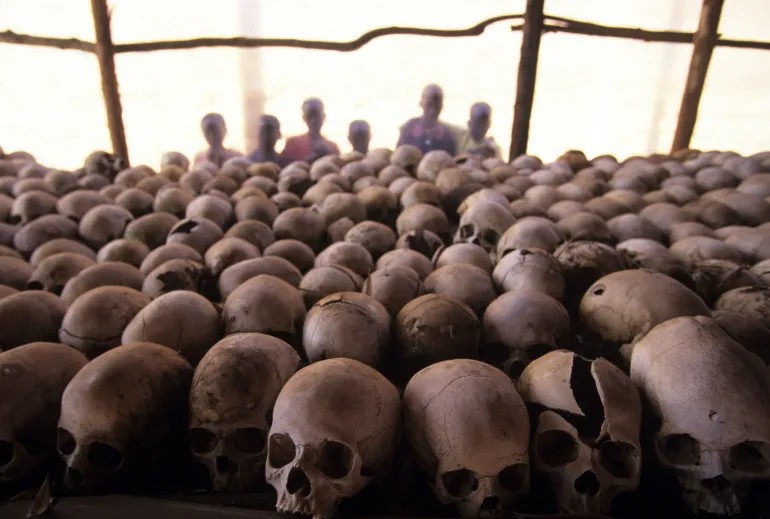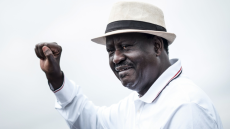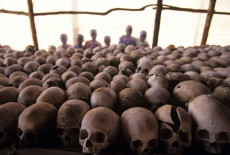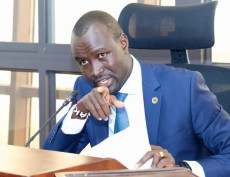- UN Secretary-General Antonio Guterres calls on humanity to observe this day, stating, “Let’s commit to be vigilant and to work together to build a world of justice and dignity for all—in honor of all the victims and survivors of the genocide.”
It is exactly 31 years since the Rwandan Genocide occurred. The 100 days of mass killings, which took place from April 7 to July 19, 1994, represent one of the darkest chapters in history. It is estimated that around 800,000 people died due to the ethnic conflict between the Hutu and the Tutsi. However, a long history preceded the genocide of 1994.
Rwanda is comprised of three tribes: the Hutu, Tutsi, and Twa, with the Hutus making up the majority (85% of the population) while the Twa are the minority (1%). In the 15th century, after the Tutsis arrived in Rwanda, they established a monarchy headed by a mwami (king) and ruled over the Hutu.
When colonial powers arrived in the East African country, their policies fostered divisions between the Hutu and the Tutsi. The Belgians viewed the Tutsi minority as superior and favored them for leadership positions. However, after independence, Hutu leaders assumed control of the government.
Many Tutsi were then massacred or forced to flee the country as the ruling government portrayed them as threats to Rwanda. The anti-Tutsi sentiments behind these attacks contributed to the conditions for the genocide that followed 32 years later.
In 2003, the United Nations declared April 7 of every year as the International Day of Reflection on the 1994 Genocide against the Tutsi in Rwanda. Every year, on or around that date, the United Nations organizes commemorative events at its headquarters in New York and at UN offices around the world.
Read More
UN Secretary-General Antonio Guterres calls on humanity to observe this day, stating, “Let’s commit to be vigilant and to work together to build a world of justice and dignity for all—in honor of all the victims and survivors of the genocide.”
In 2023, UNESCO’s World Heritage Committee added four genocide memorial sites in Rwanda to the list of World Heritage Sites: Nyamata, Murambi, Bisesero, and Gisozi, where the Kigali Genocide Memorial is located.
The online community has also joined in commemorating this day:
@JuniorMasandi: “Regardless of my personal feelings toward the Rwandan government, today my thoughts are with my Rwandan friends and the people of Rwanda as they remember and honor the lives lost in the Genocide against the Tutsi, 31 years ago.”
@NLinRwanda: “Today marks the start of the 31st commemoration of the Genocide against the Tutsi. We stand in solidarity with the Rwandan population and pay tribute to all the victims of this immense tragedy.”












